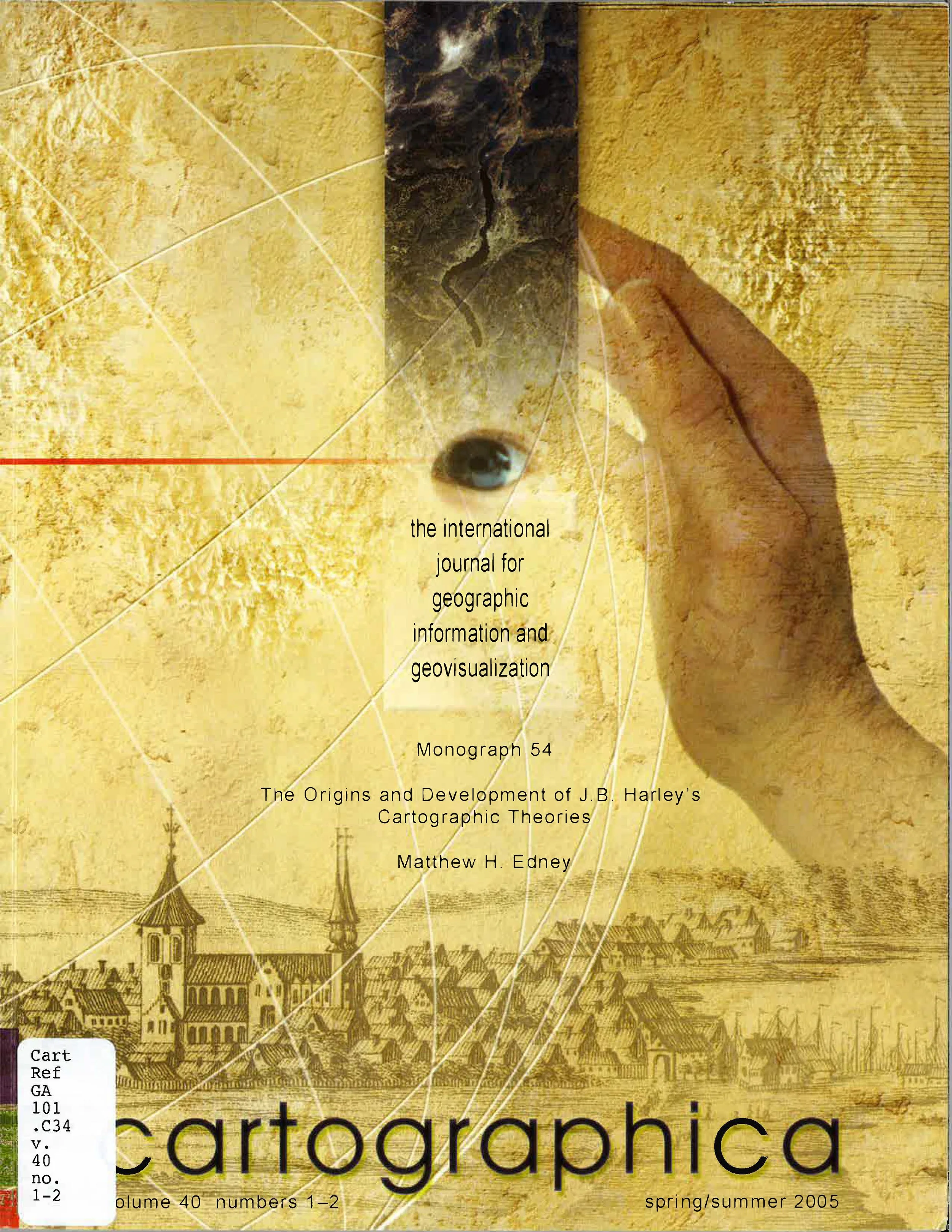Creating 'Discovery'
/A new article just published!
Edney, Matthew H. 2020. “Creating ‘Discovery’: The Myth of Columbus, 1777–1828.” Terrae Incognitae 52, no. 2: 195–213.
This is a consideration of the creation of the modern idea of “discovery,” in which Columbus was used to reframe the term and further establish a new field of study, “the history of discovery.” It is not about how Columbus was credited with the discovery of “America” (for which see a huge literature, from O’Gorman 1961 to Zerubavel 1992) but the formation of the conception that has shaped that vast literature.
Here’s the abstract (with translations in French and Spanish):
The modern concept of “discovery” was the creation of the “second scientific revolution” in the decades to either side of 1800. The wholesale reconfiguration of knowledge practices emphasized the Romantic figure of the lone, daring adventurer who could interrogate the dynamic and evershifting world to discern new truths. “Discovery” was transformed from an act of investigation into an act laden with social and cultural significance, not least of Western intellectual superiority. The new conception was formulated through Anglophone reinterpretations of Columbus, within a stadial philosophy of history, as a heroic man of science, from William Robertson’s History of America (1777) to Washington Irving’s History of the Life and Voyages of Christopher Columbus (1828). The new concept of “discovery” further required historical assessment and validation, giving rise to the new scholarly formation of “the history of discoveries.”
Le concept moderne de « la découverte » a été créé pendant « la deuxième révolution scientifique » des décennies avant et après l’année 1800. La reconfiguration systématique des pratiques du savoir a souligné le personnage romantique de l’aventurier solitaire et hardi qui pouvait interroger le monde dynamique et toujours changeant afin de discerner de nouvelles vérités. « La découverte » a été transformée d’un acte d’investigation à un acte chargé de signification sociale et culturelle, notamment de la supériorité intellectuelle de l’Occident. La nouvelle conception a été formulée grâce aux réinterprétations anglophones de Christophe Colomb en tant qu’homme de science héroïque, dans une philosophie d’histoire stadiaire, en commençant avec History of America (1777) de William Robertson, jusqu’à l’oeuvre de Washington Irving, History of the Life and Voyages of Christopher Columbus (1828). Le nouveau concept de « la découverte » a exigé, en plus, de l’évaluation et de la validation historiques, ce qui a mené à la nouvelle formation érudite de « l’histoire des découvertes. »
El concepto moderno de “descubrimiento” fue una creación de la “segunda revolución científica” de las décadas inmediatamente anteriores y posteriores a 1800. La reconfiguración general de las prácticas del conocimiento dio énfasis a la figura romántica del aventurero audaz y solitario, capaz de interrogar un mundo dinámico y siempre cambiante para discernir nuevas verdades. El “descubrimiento” pasó de ser un acto de investigación a un acto cargado de significaciones sociales y culturales, de las cuales la superioridad intelectual occidental no era la menor. Esta nueva concepción fue formulada a través de reinterpretaciones anglosajonas de Colón, en el marco de una filosofía estadial de la historia, como un hombre de ciencia heroico, desde la Historia de América de William Robertson (1777) hasta la Historia de la vida y viajes de Cristóbal Colón de Washington Irving (1828). El nuevo concepto de “descubrimiento” pasó a requerir una evaluación y validación históricas, dando así lugar a la nueva formación académica de “la historia de los descubrimientos.”
This is an outgrowth of the current book project, in which I found myself getting obsessed by this topic but in a way that imbalanced the book’s structure. So, off it went.
References
O’Gorman, Edmundo. 1961. The Invention of America: An Inquiry into the Historical Nature of the New World and the Meaning of its History. Bloomington: Indiana University Press.
Zerubavel, Eviatar. 1992. Terra Cognita: The Mental Discovery of America. New Brunswick, N.J.: Rutgers University Press.




